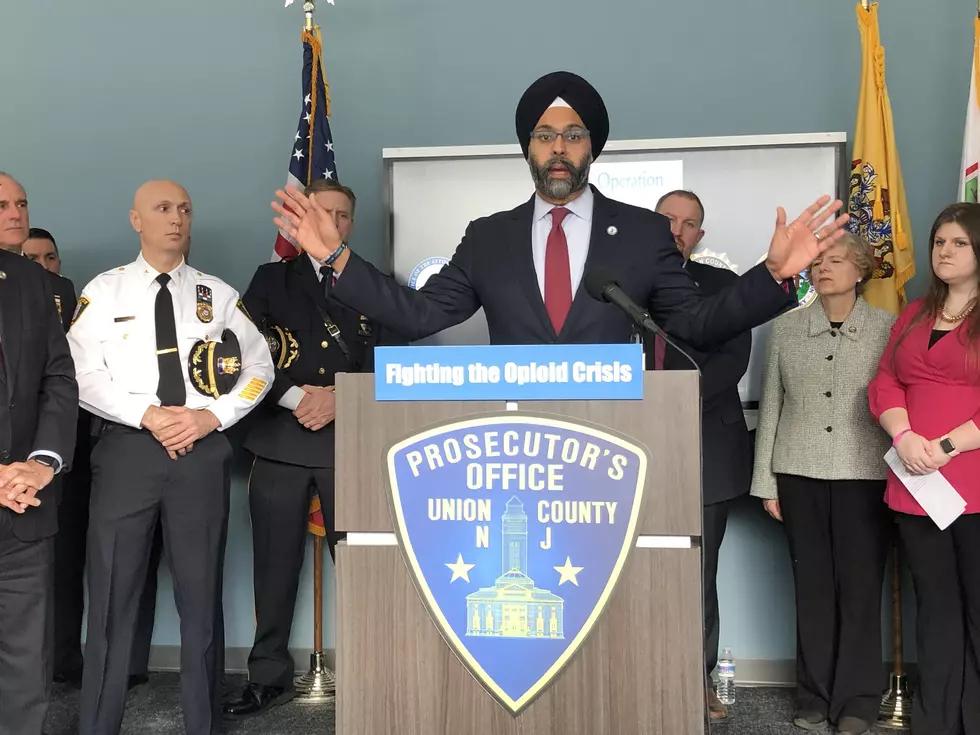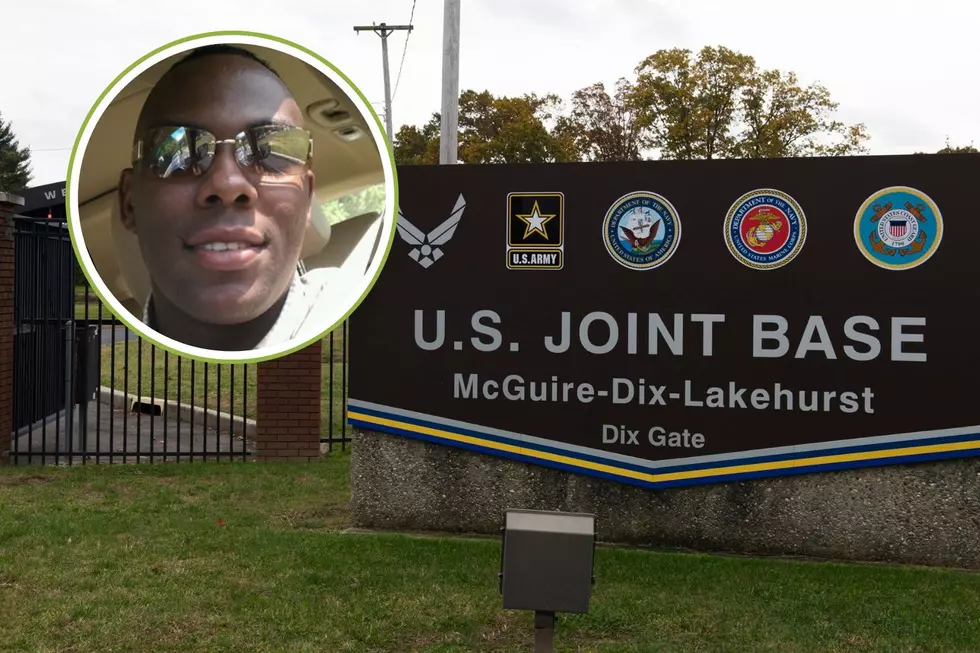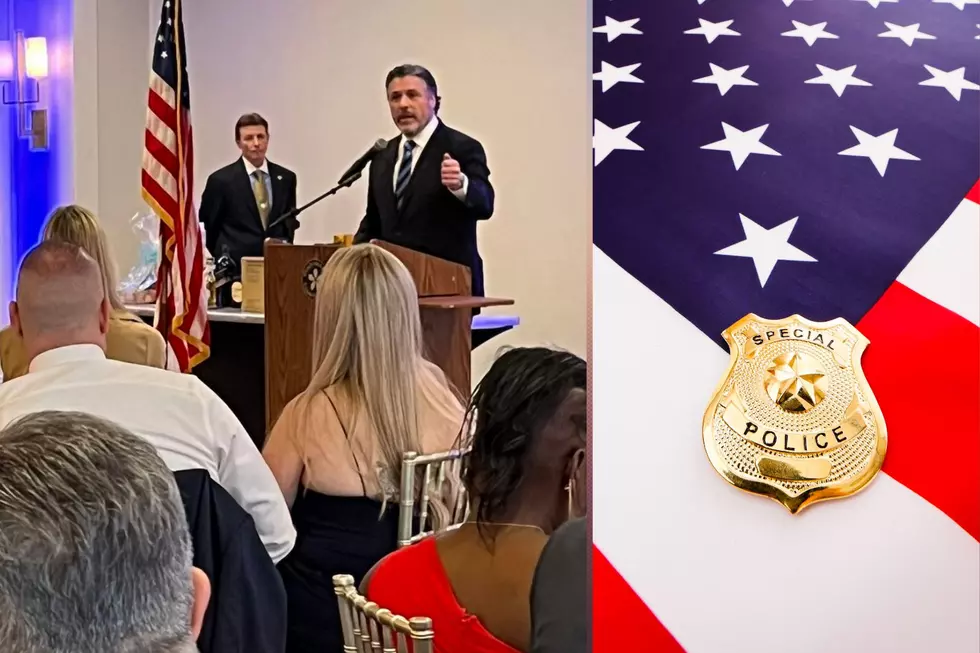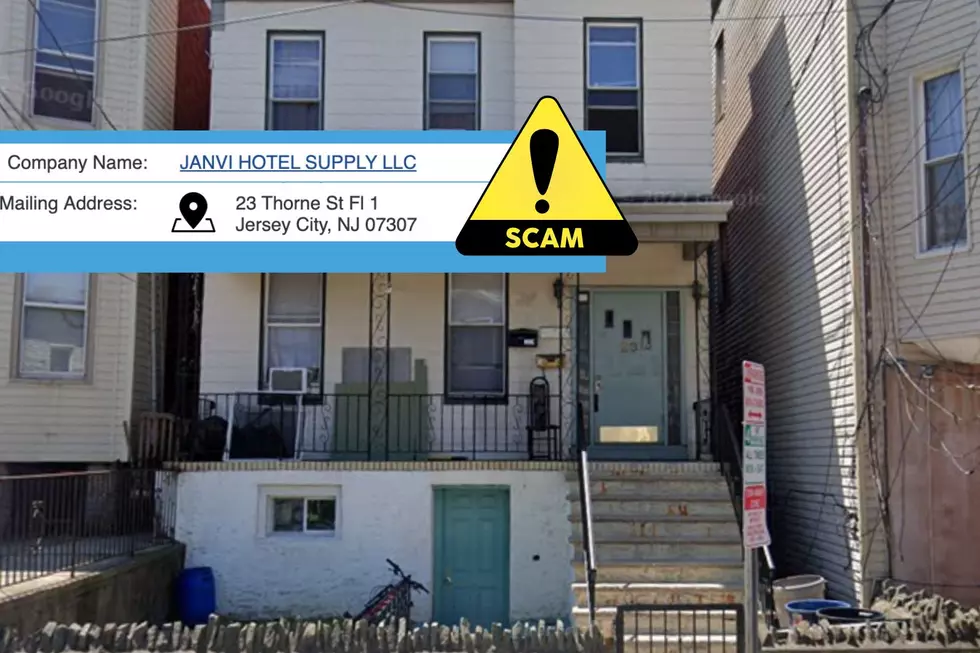
Union County offers drug suspects immediate 24-7 access to rehab
ELIZABETH — Beginning Feb. 3, any person arrested in Union County on heroin or opioid-related offenses will get immediate access to drug rehab at any time of day or night.
Union County Acting Prosecutor Lyndsay Ruotolo said Tuesday that whenever a suspect agrees to seek rehab help, the officer will call a special hotline number and immediately be connected to a peer recovery counselor at any time of the day or night. The counselor will then respond to police headquarters “to meet with the individual and assist them in discussing recovery options and linking them to the appropriate services.”
“We here in Union County are hopeful that this program will allow for meaningful intervention at a time when people need help most, and the goal here is to save lives," she said during a news conference with state Attorney General Gurbir Grewal announcing the expansion of Operation Helping Hand.
She stressed this will not replace recovery services already available and it will not delay the processing of an arrest.
“An individual’s decision to get help will not impact their criminal charge,” she said, “Prosecutors will, however, share an individual has engaged in recovery to sentencing courts.”
Since September 2018, all 21 counties have enacted some type of Operation Helping Hand program, which provides information about rehab programs to low-level, non-violent suspects when they’re arrested for possessing heroin or other opioids.
Thanks to a combined $4.2 million in grant money provided by the U.S. Centers for Disease Control and Prevention and the state over the past two years, every county has launched their own Operation Help Hands program.
Some counties have expanded their programs to offer assistance several days a week.
From September 2018 to September 2019, 776 people have sought treatment through the program.
Grewal, who created the Operation Helping Hand program in 2016 when he was the prosecutor in Bergen County, said officials have learned that “law enforcement can’t sit back in their offices and wait for people to come in and seek help, but we have to be proactive at the time of arrest.”
Grewal said that making rehab information and counseling available whenever a suspect is arrested can help turn the tide on the opioid epidemic and lower the death rate.
“It is highly effective and it could be more effective if more of our counties can replicate the 24-7-365 model," he said.
You can contact reporter David Matthau at David.Matthau@townsquaremedia.com
More From New Jersey 101.5 FM









